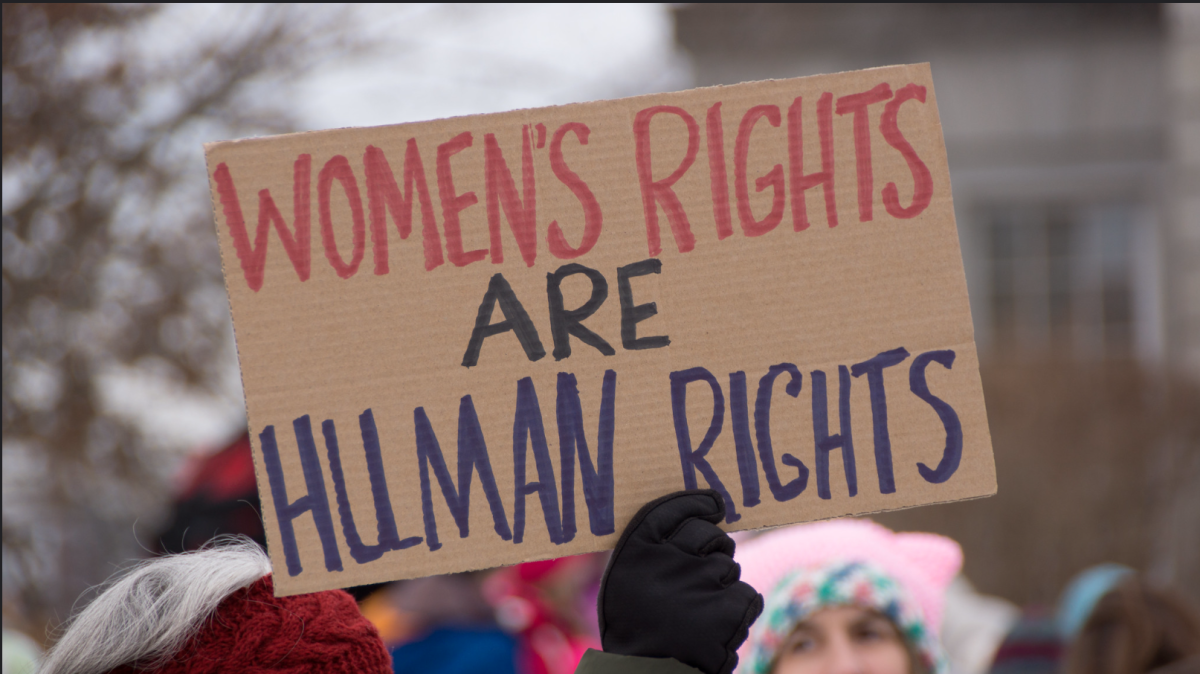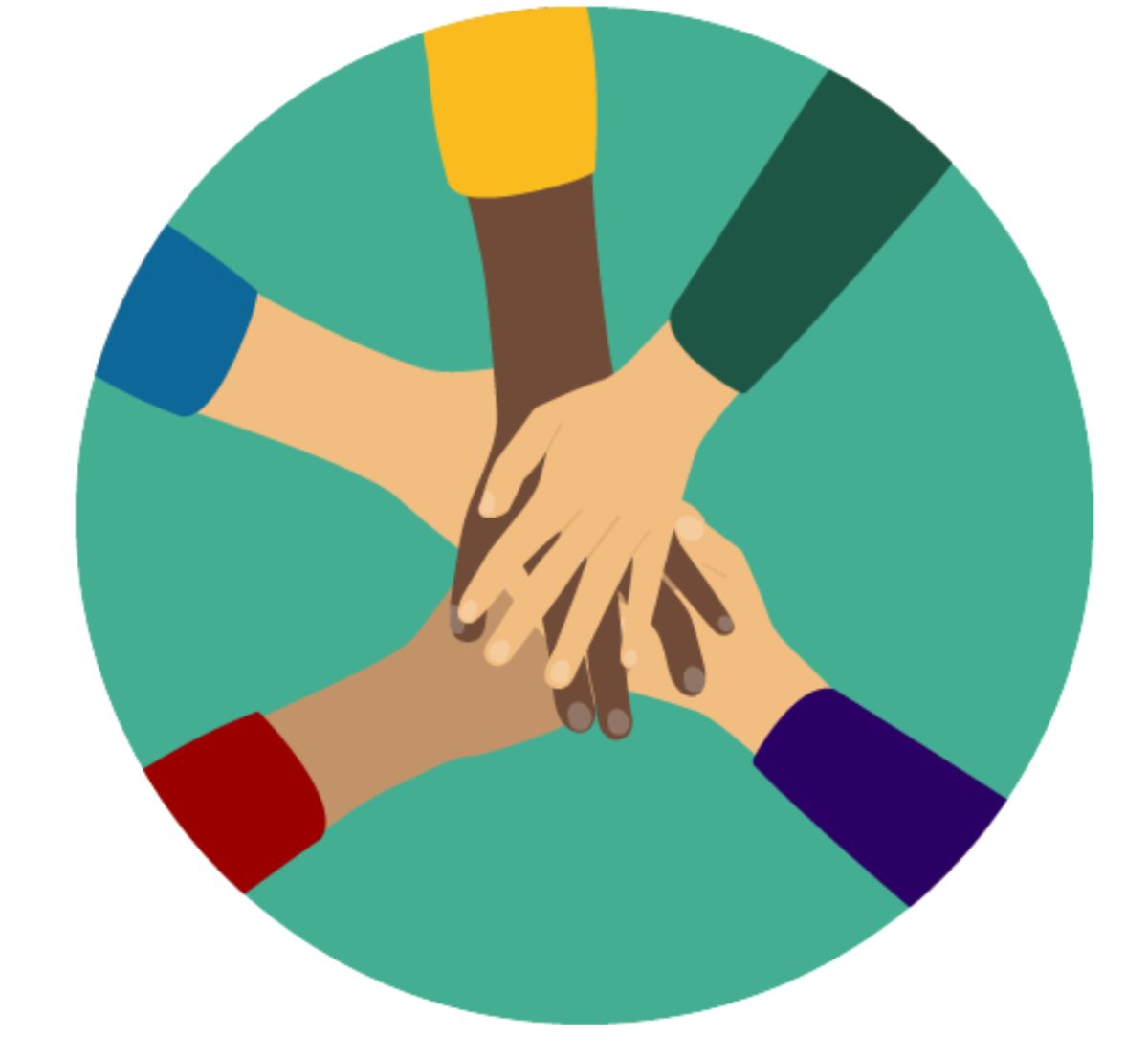I tend to be a political pessimist. When I saw that the Arizona Supreme Court had voted to instate a bill placing an almost complete abortion ban, I felt terrified. Terrified, not only for my future as a woman, but for every other woman in this country.
With this being said, on April 24, the bill was repealed, or reversed. This is an encouraging sign to the future of reproductive rights. Another sign of hope is the occurrence of former president Donald Trump’s hush money case beginning on April 22, during which Stormy Daniels, an adult industry director, producer and actress, has continuously spoken out for women’s rights. In contrast, the recent overturning of the Harvey Weinstein case is a discouraging sign, but the history of women speaking up against violence proves that it is not time to give up.
Women, we can’t lose hope.
Since 2022, Roe v. Wade has caused political upheaval and division. The decision from the Supreme Court to allow each individual state decide their stance regarding abortion access has put women’s lives into jeopardy. Trump’s presidency increased political division regarding women’s rights. Arizona’s Supreme Court recently ruled something monumental, opposing Trump’s original policy.
On April 9, Arizona voted to instate a near-total ban on abortion. The ruling entailed that abortion was a felony punishable by a minimum of five years in prison with no exceptions for incest or rape. While it includes a pardoning to save the woman’s life in case of medical emergency, the ruling was still incredibly extreme and sparked outrage. Protestors and Democrats within the House of Arizona fought for the repeal of this bill, and after nearly a month of fighting, on April 24, the bill was repealed. The law may now revert back to the original abortion policies, a 15-week ban, making exceptions for medical emergencies but not for cases of rape or incest. With that being said, now the bill still has to pass through the Senate in order to move to the governor’s seat. Arizona’s governor, Katie Hobbs (D) stated that she would sign it, if the bill were to pass the senate.
“I am hopeful the Senate does the right thing and sends it to my desk so I can sign it,” she said.
This marks a monumental victory for women everywhere, as it protects the right to a woman’s bodily autonomy-something that should be accessible to all. Ultimately, a woman’s bodily autonomy is not something that should be causing such political upheaval. A woman deserves to do as she pleases with her body, and state courts shouldn’t be debating over this basic truth. The fight isn’t over yet, but this brings hope that bodily autonomy will be enshrined as a basic human right.
Over the course of history, women have sparsely had a voice, particularly not in the court of law. However, with the recent Trump criminal charges, Daniels has shared her voice and done something commendable.
In 2016, it was reported that Trump covered up an illicit affair during his first presidential election. How did Trump handle it? By offering Daniels $130,000 in hush money. While she was originally terrified of her family’s life being in jeopardy, she accepted the hush money, but has since revealed more telling truths in a documentary. Daniels spoke up about Trumps’ blackmailing and how she is not just fighting for her—but for women everywhere.
“The hardest part about all of this is I feel like I am partially responsible for every woman that could have come after me,” she said.
By speaking up, Daniels has refused to be silenced by the patriarchy. Simultaneously, she has stood up to one of politics’ biggest bullies and has stood her ground for every women. This is a victory for women, as it proves that we cannot be silenced.
While the recent overturning of the Harvey Weinstein case has sparked rage within the feminist community, there is still hope.
After Weinstein was accused of assaulting over 100 women since the 1970s, the case became the foundation for the grounding #MeToo movement. The recent political action taken against Arizona’s ruling is encouraging. If they can repeal a bill, we can surely trust that Weinstein will be retried. The decision to re-try Weinstein is up to Manhattan district attorney Alvin L. Bragg. Whether or not the case is retried, it’s still a victory for women. Six women bravely spoke up about their experience with Weinstein, just as Daniels did in the hush money case. The #MeToo movement has proved that women still continue to speak up against assault, despite living in a culture that purposely tries to silence them. Women cannot and will not be silenced. Yes, this overturning can be seen as incredibly discouraging, but if the past has proven anything, it is that we can push forward and work together to get Weinstein retried.
There is much room to grow. Women need to keep fighting for their bodily autonomy and other essential rights, but the fact that the ruling was repealed tells me we’re no longer in the dark, red danger zone we once were steeped in. Daniels and the women involved in the #MeToo movement have refused to remain silent, and, by doing so, have helped to change a culture catered to men. Amidst the face of adversity, women have refused to remain silent- through both their own gender, but also with the help of men. Having men as allies is crucial to the success of feminist movements. We can prevail in the face of darkness. After all, hope is the only thing stronger than fear.
















Owen • May 16, 2024 at 1:38 pm
I feel as though the increasing partisanship and political radicalization of BSN has been to its detriment, broadly. It went from a harmless school publication to a way for those (who seem to be firmly and entirely on one end of the political spectrum) to vent their political views without regard for those with opposing opinions. I feel that this is not the fair treatment of controversial issues one should expect from the publication of a public school.
Jamie Flanery • May 15, 2024 at 11:00 am
I feel as though trans people don’t get a lot of room to speak on these matters, which helps no one— abortions are a vital part of healthcare for anyone who can get pregnant, including transgender men and nonbinary people. If someone on testosterone gets pregnant, they have to stop until they are no longer carrying the child/fetus/whatever you wish to call it. Trans people are already one of the demographics most at risk for suicide, studies showing that lack of access to gender-affirming care only increases that risk. Pregnancy can also cause severe gender dysphoria.
These factors combined with the standard pregnancy-related health risks leaves very little space for pro-life arguments.